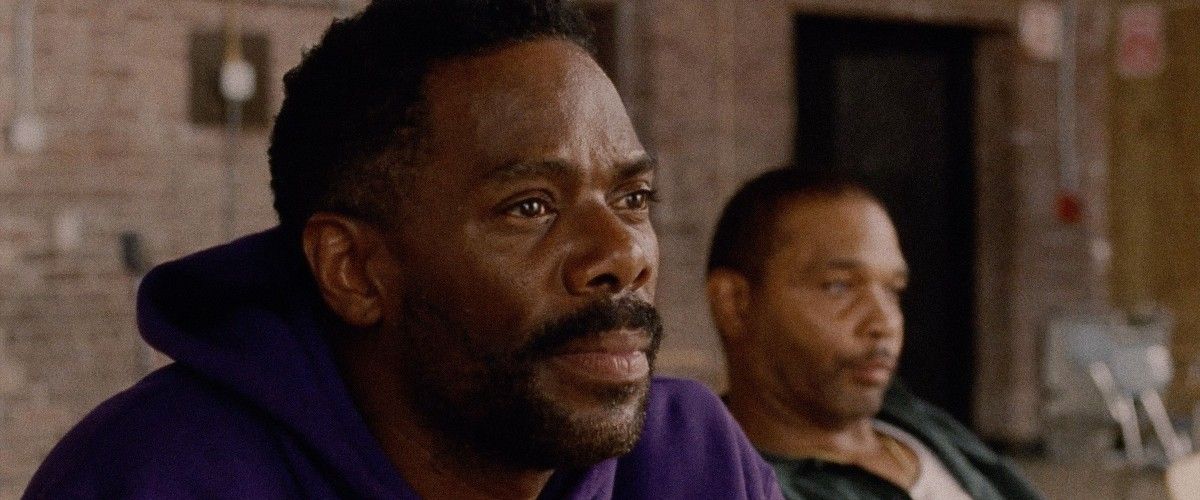
Sing Sing (2024) — Movie Review
- Jul 19, 2024
If your understanding of "Sing Sing" is solely based on its synopses, you might easily align it with other dramas you might have seen. However, the masterpiece, led by Colman Domingo, tells a refreshingly unique story of incarcerated men whose lives are significantly improved by participating in a theater arts program. The film might have an upbeat ending, but the journey towards it is far from the regular scripts of prison or theater students' movies.
Greg Kwedar, the writer-director along with Clint Bentley, the script partner, shaped the project after acquiring the rights to John H. Richardson's 2005 Esquire article, "The Sing Sing Follies." Instead of sticking to the typical Hollywood storytelling cliche, they interviewed individuals and participants directly involved in Sing Sing's theater arts program.
Maintaining a breezy and fluidocl movie, while not sacrificing on the pace, they allowed scenes, particularly in the drama club meetings, to unfold realistically. The film walks a tight line between capturing the raw realities of prison life and the freeing experience theater provides for these inmates.

Domingo plays Divine G, one of the many real-life people involved in the program. The prison's harsh and unfriendly nature contrasts sharply with the theater program, a sanctuary where prisoners can reclaim their humanity through the arts.
Paul Raci, memorable from "The Sound of Metal," plays the group leader, balancing his creativity as an author and managing the group's dynamics. A noteworthy character in the group, Divine Eye (a character played by Clarence "Divine Eye" Maclin), introduces a challenging dynamic, however, the film refrains from cliché conflict or rivalry, instead focusing on character growth and transformation through art.
"Sing Sing" breaks away from predictable narratives and instead embraces an authentic representation of the inmates' experiences, the power of theater, and the human capacity to transform. It might not be a blockbuster, but it is undoubtedly a film that warrants an audience due to its capacity to echo shared human experiences in an unanticipated manner. Watching "Sing Sing" is not just an artistic journey, but a rediscovery of theater, film, and their combined power to influence lives.







